“Arts and culture listings are broken. Can open data help to make them better?” wondered Wales researchers from Nesta and The Satori Lab. In their recent discovery report, they concluded:
There is no widely-used data standard for publishing arts and culture listings.
Reaching audiences is sometimes a problem for many venues.
Open data is not well understood in the arts sector and is not talked about enough.
Where data is published against clear standards, there is the potential for new and innovative services to address the problem.
Could open data help arts and culture listings? A discovery report. Nesta and The Satori Lab, 2019.
This report draws similar conclusions as two Canadian reports published in 2017: Digitizing the Performing Arts and État des lieux sur les métadonnées relatives aux contenus culturels. The development – and adoption – of data standards, such as the Linked Digital Future data model, is an essential part of the solution.
Here are a few elements of the discovery report which I would like to stress and nuance.
The report recommends that arts organizations use the Schema.org vocabulary developed by Google, Bing, Yahoo and Yandex. As I pointed out in this post, until a sector-owned data standard is adopted, the Schema vocabulary is indeed a good default standard that arts organizations should use. This being said, classic RDF ontologies are much more suited to data sharing and re-use than Schema. They can also be mapped to Schema and deliver the same discoverability benefits as Schema. They can therefore both serve the Google model of discovery, and serve the needs and interests of stakeholders of the performing arts value chain.
The report also invites listings publishers to open up their data via an API and to make it available under an open license. Once again, I fully agree with the authors. In addition, I would also like to highlight that relational databases and APIs aren’t the only technical solution to enable the sharing of listings. As I learned from my collaborators at Culture Creates, linked open data published in a knowledge graph is ideally suited for collaboration and discoverability in the performing arts. The World Wide Web Consortium sums it nicely:
“Traditional approaches to data have focused on tabular databases (SQL/RDBMS), Comma Separated Value (CSV) files, and data embedded in PDF documents and spreadsheets. We’re now in the midst of a major shift to graph data with nodes and labelled directed links between them. Graph data is:
World Wide Web Consortium, W3C Data Activity: Building the Web of Data
◼ Faster than using SQL and associated JOIN operations
◼ Better suited to integrating data from heterogeneous sources
◼ Better suited to situations where the data model is evolving”
This sounds like a good fit for the challenges at hand.
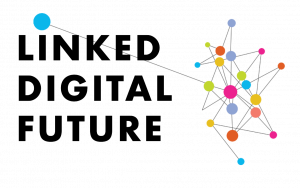
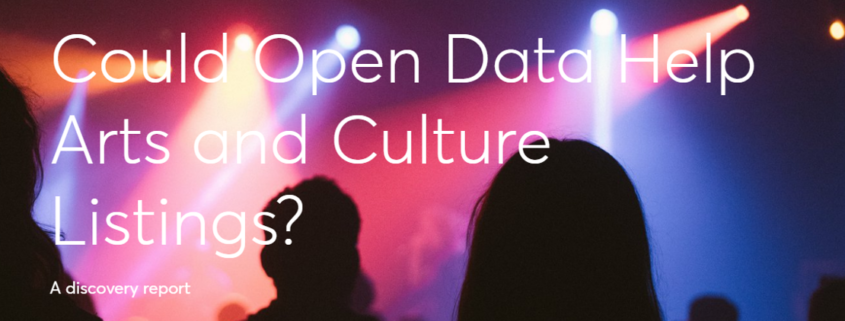

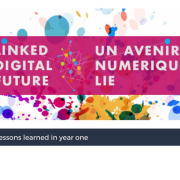
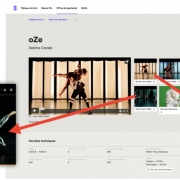 CC 4.0 BY-SA
CC 4.0 BY-SA  CC BY 4.0
CC BY 4.0  CC BY 4.0
CC BY 4.0 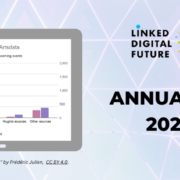
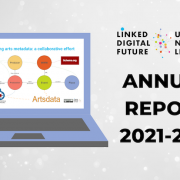
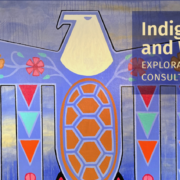 CC BY-SA 4.0
CC BY-SA 4.0 




Leave a Reply
Want to join the discussion?Feel free to contribute!